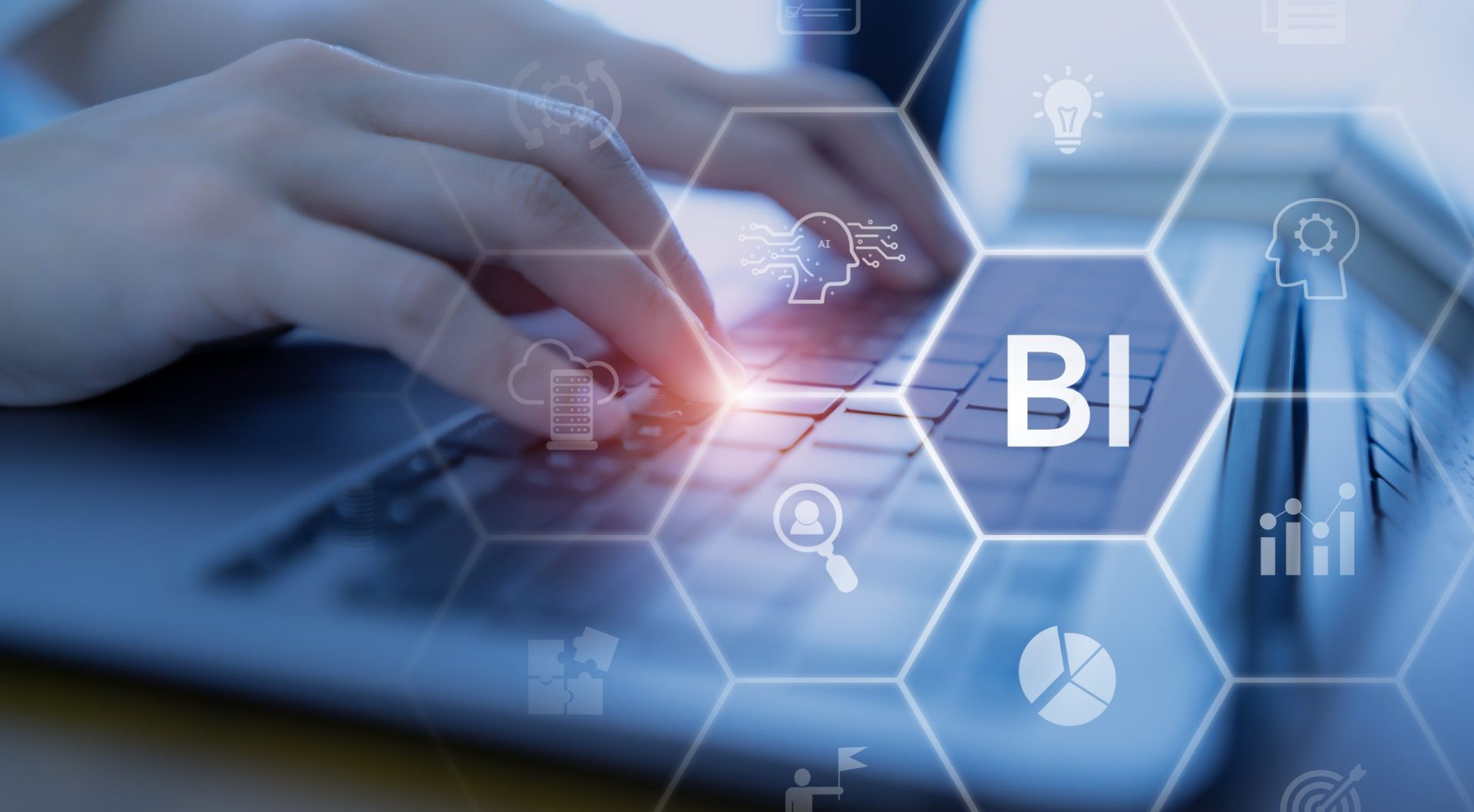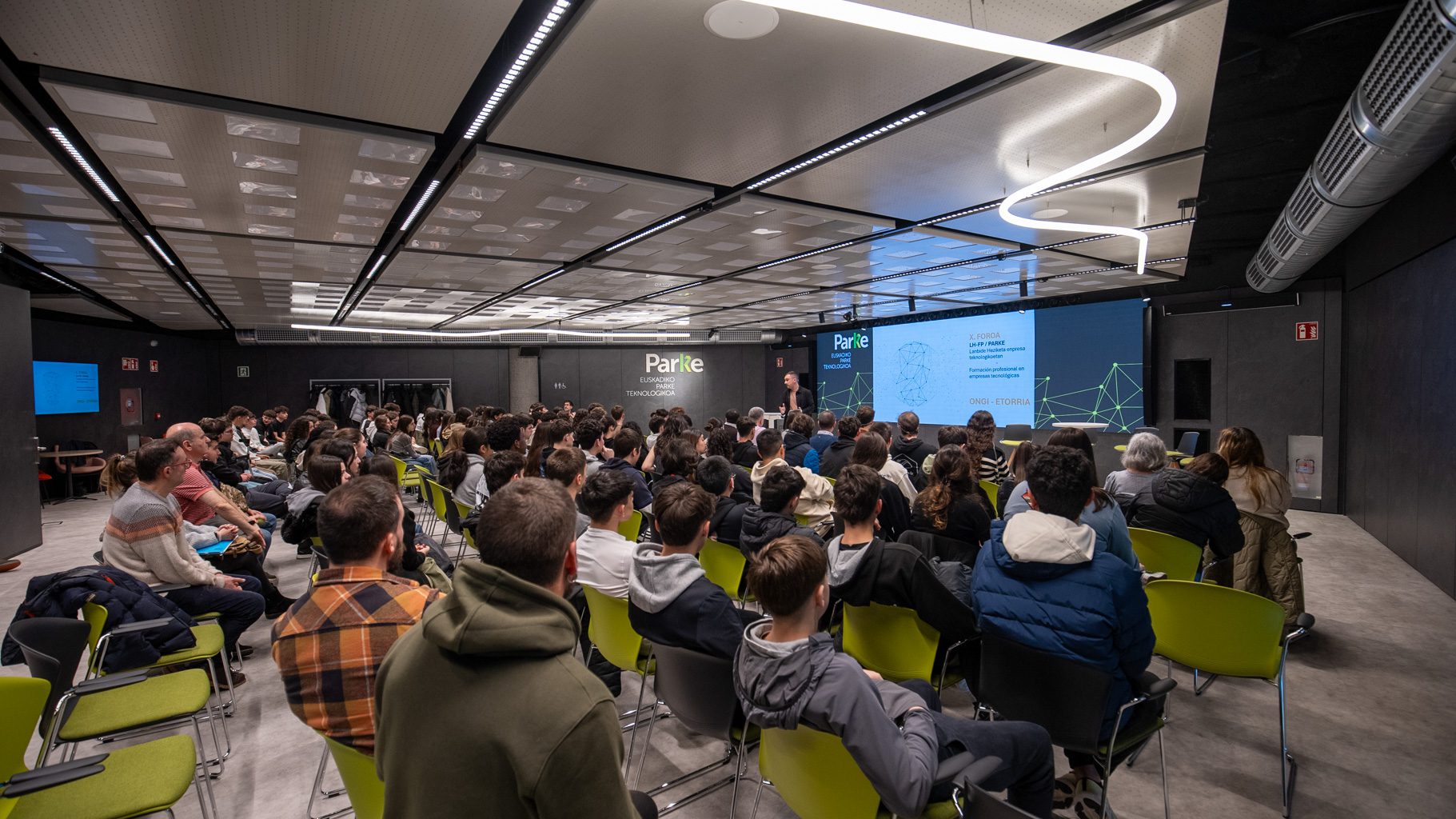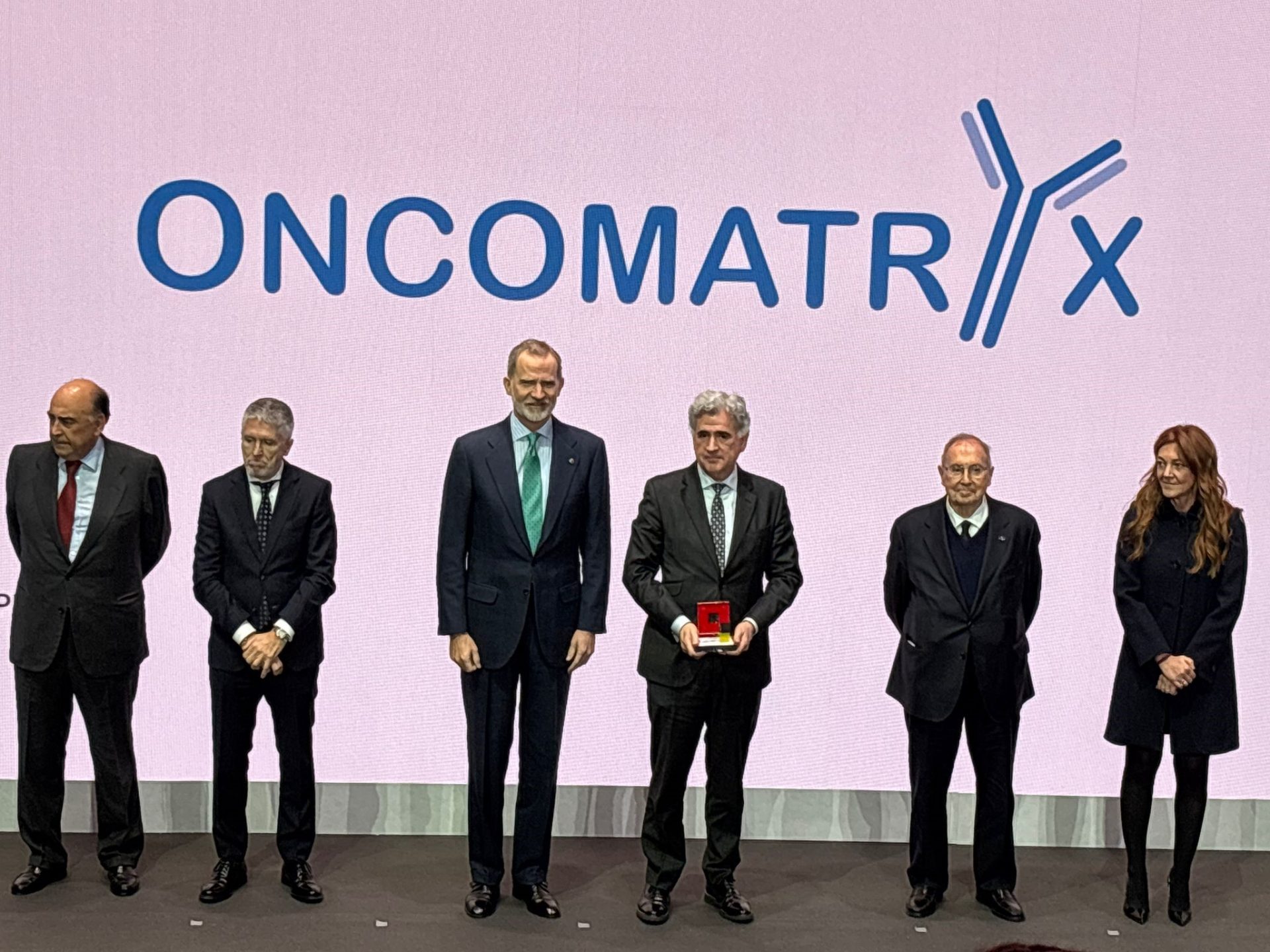Ayesa provides Telefónica with real-time monitoring of the activity of all areas of the company

It develops a solution that allows immediate action to be taken on any incident that occurs, improving efficiency and effectiveness.
BI Telefónica de España has already kicked off the ‘BItácora’ project with the collaboration of Ayesa. Its objective is to democratise the company’s commercial information and thus keep sales and marketing channels informed in real time.
It consists of a global transformation project that seeks to unify, in a transversal platform for the entire organisation, the real-time monitoring of the activity of the different business areas of the company. It allows immediate action to be taken on possible deviations that occur in the activity to improve its efficiency and effectiveness, ‘leading a paradigm shift in the distribution of information as it was understood until now’.
This is what Francisco Javier Tobar Palacio, Director of Commercial Research and Business Intelligence at Telefonica, assures, who also explains that ‘as in any BI area, at Telefonica Spain we have to meet multiple demands for information from internal and external users, which are also increasingly extensive, detailed and linked to decision-making processes’. For this reason, in 2023 ‘we are committed to tackling this project of global transformation of BI TE with which to implement a single common cross framework in real time,’ adds Tobar.
‘We call it the BItácora Project,’ he continues. ‘With it, we unify all reporting in a single technological solution that facilitates self-service at all levels of the organisation, becoming a reference for all of them and guaranteeing the uniqueness of the data, the common exploitation for all users, and the security and privacy of the information for each of them, as we manage different roles of access to the information’, he says.
Key points of the project
The key points of the project include the uniqueness of the data; the synergies throughout the organisation due to the simplification of tools and self-service; the immediacy and availability in near real time throughout the day and consolidating in a d+1 before 8 a.m.; and the control and security of the information for all users, with management of roles and profiles for accessing the information.
Francisco Javier Tobar explains that ‘as one of our main clients are the Marketing and Sales areas, we decided to start by covering their information needs. These areas have very special needs, in which the quality of information and reaction time are two of their main requirements’.
One of the biggest challenges was to allow role-controlled access to information for all levels of the organisation, both internal and external, ‘since part of our commercial network is supported by partners who share the same information needs about their commercial activity’. For this reason, and within the use of collaborative tools, ‘we approach this framework in two ways: a limited web tool that provides direct service to the more operational levels and another supported by Microsoft using Fabric (PowerBI) for the more analytical and executive levels’, he explains.
The solution uses many technologies, combining cold and real-time data management. Database replicators, container platforms with microservices, analytical databases and event management buses are just some of the solutions needed to integrate the complex ecosystem of solutions and data that serve this project. Not forgetting the layers of monitoring, planning and quality, which guarantee that the data is in time and form in the different departments.
The different sources of information that feed BItacora require a standardisation for an understandable and simple exploitation by users, abstracting the difficulty of the architecture and transformations to achieve a relational data model in star updated in near-real time in Fabric (PowerBI), with the potential incorporation of Artificial Intelligence with Copilot and Machine Learning for an exploitation with the aim of achieving new analytical insights and operational efficiencies in the current processes of information processing.
Personalisation is one of the ‘mandatory’ points of the project, due to the heterogeneity of user profiles and exploitation purposes of each one, while ensuring compliance with strict privacy policies. Starting from a large single dataset of information, the user consumes his personalised commercial activity information based on established rules of profiles, commercial hierarchy and content in a totally transparent manner for the user without penalising performance and avoiding leaks of sensitive information.
This project allows end users to abstract from the complexity of information processing and management, providing them with dynamic KPIs that can be self-consumed, thus supporting the digital transformation objective in which the company is immersed.




